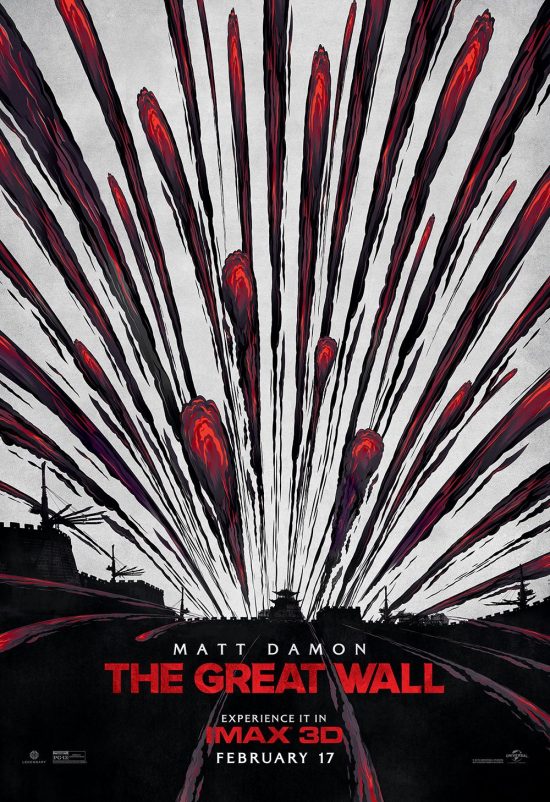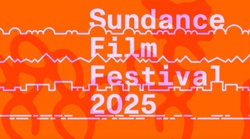Review: The Great Wall – “There is something to be said for the films barmy ambition”
If The Great Wall is a vision of cinema for the future, we have great cause for concern. As a United States-People’s Republic of China co-production, this feels less like a vision of international harmony and more like a case of global superpowers engaging in mutual congratulatory intercourse for the sake of profit. While the noble Chinese come to respect the individuality and go-getting attitude of the Westerner (Matt Damon in a superb ponytail), the Westerner comes to respect the collective endeavour of the Chinese people. “Have you ever seen an army like this?!” Damon asks in astonishment. The might, the discipline and the majesty of the Chinese military is the crux of the films inducement of awe and spectacle. A cavalcade of lavishly dressed soldiers, beating drums and co-ordinated masses, The Great Wall is like watching the disturbingly inhuman 2008 Beijing Olympics opening ceremony over again. Naturally, chief director of the ceremony Zhang Yimou is the appropriate filmmaker for this blockbuster; both the Olympics and this most recent film are made for the gaze of the international viewer, an expression of Chinese nationalism that American studios are happy to sponsor and endorse should the pay-check clear.
As China’s most expensive film, the intent is to bludgeon you with spectacle. Best seen on a huge screen, only an overload of noise and colour will distract you from the extensive narrative and artistic flaws. It makes sense that Yimou, the man behind the gorgeous Hero (2002) and House of the Flying Daggers (2004), would be hired to provide distinct visual panache when a script is as toxically polluted by cliche as this. You don’t have to see the credits to realise that the clunky dialogue bares evidence of repeated revision and hackneyed input from a multitude of screenwriters. Max Brooks (World War Z), Edward Wick (Jack Reacher: Never Go Back), Doug Miro (Sorcerer’s Apprentice) and Tony Gilroy (The Bourne Ultimatum) have all stabbed their pen at it. Luckily for them, no single writer can be considered responsible for the calamity. Did people in 11th Century China really say, “I didn’t sign up for this”? This critic reckons not. The same applies to Yimou: whereas his previous films were magical in their use of wire-choreography and in-camera pictorial elegance, The Great Wall is the latest cluster bomb of CGI murk. This is filmmaking by committee, choking Yimou’s vision with cross-cultural management, market reports and lazy conceptions of what enthrals a viewer.
There is, however, something to be said for the films barmy ambition. It’s central idea – that the wall was built to protect China from hordes of monsters – is a fun concept, and the sieges come thick-and-fast. Yimou has conceptualised some memorable defence strategies, including bungie-jumping spear-women and big scissors. The films sweeping grandiosity, shameless embellishments and excessive scale recalls the old Biblical epics that Hollywood churned out at great expense. Matt Damon in a big Biblical beard hammily overcompensating his way through the God-awful script is certainly reminiscent of Charlton Heston’s Moses turn in DeMille’s The Ten Commandments. Just like The Great Wall, very few of these films were much good, but there’s certainly a casual pleasure to be derived from the excessive tawdriness – a so-bad-its-good glee.
Unfortunately, deriving pleasure from such might-is-might orgies is a very guilty sensation, ideologically troublesome when scenes recall Leni Riefenstahl’s Nazi propaganda film Triumph of the Will (1935). That too was about showcasing the strength and unity of a nation through military spectacle. There is yet to be a cohesive or artistically credible East-West syncretic realisation. It’s going to take a hell of a lot more to convince us that the future of the blockbusters lies in this cultural synthesis. Great wall, bad film.












